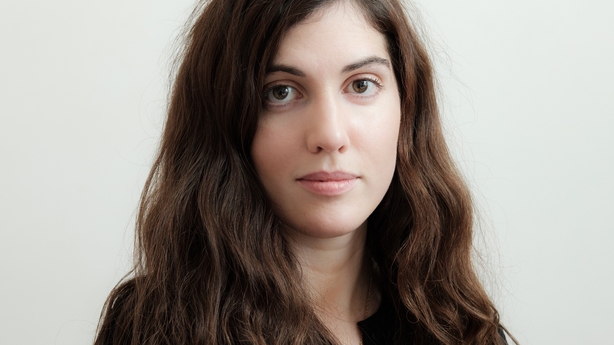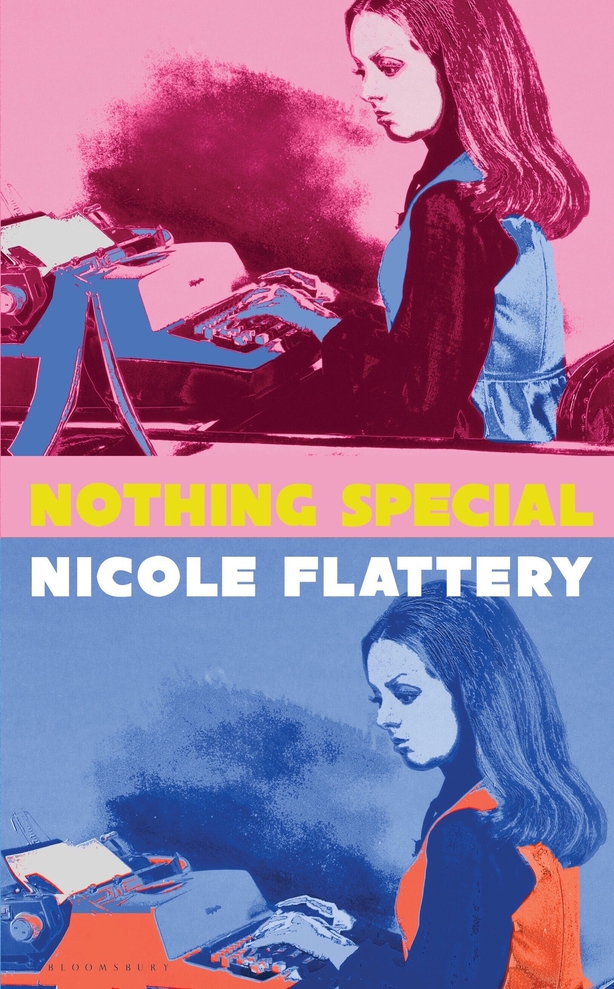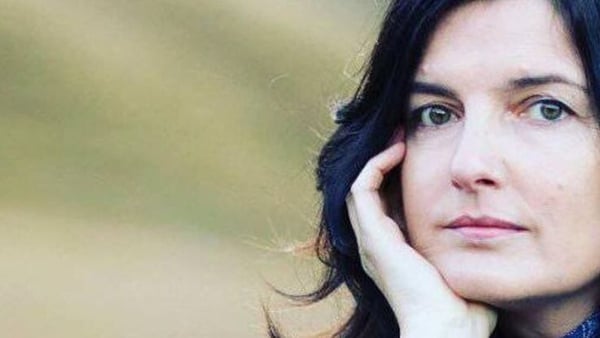Putting an exact date on the 'golden age of consumerism' is nigh on impossible, though most historians tend to agree that it began sometime after the Second World War. At the end of 1945, a fresh-faced young Andrew Warhola Jr was on his way to study the emerging discipline of commercial art at Carnegie Mellon University in Pittsburgh. Thence to become a shoe designer for Israel Miller in New York, before taking his first commission for Glamour magazine and perfecting the ‘blotted line’ printmaking technique for which he became known. The rest, as they say, is history.
Except history, to paraphrase Faulkner, is never truly history; it merely metamorphoses into mythology. And like the reproductive mass-consumerist imagery utilised by Warhol in his own version of mythmaking, the influence of the man himself has become as ubiquitous as wallpaper. How, then, to say anything new?
We need your consent to load this rte-player contentWe use rte-player to manage extra content that can set cookies on your device and collect data about your activity. Please review their details and accept them to load the content.Manage Preferences
Listen: Nicole Flattery talks Nothing Special with RTÉ Arena
Enter Nicole Flattery, whose stunning debut novel Nothing Special ventriloquises the Warhol legend as a way of exploring the various possibilities of nearness; nearness to history, nearness to celebrity, nearness to family. The title is both a misnomer and not as, on the one hand, the narrator Mae positions herself as the wry, silent spectator outside the frame, whilst at the same time delivering one of the most extraordinary observations about the counterculture in New York ever set down in fiction. ‘I’m having as ordinary a day as you,’ Mae tells us within the first few pages. ‘My thoughts are as standardised as yours. The laughs are chaste here.’
Of course, to say that Flattery’s style manifests in a melange of frenetic, and indeed deliberate, contradictions is an understatement, and it can often be difficult to penetrate Mae’s motivations. Yet, like Warhol’s Factory itself, she wins us over with her intrigue, forces us to adjust, and draws us into the dark heart at her story’s centre before we find ourselves the subject of some cosmic joke about consumerism.

In this regard, Flattery is the natural successor to Ottessa Moshfegh - subversive, yes, but too slippery to be tied down by the conventions of Bookstagram, with its coterie of fashionable influencers keen to wear the latest book about teen rebellion like a new pair of Crocs.
Indeed, what attracts our narrator to The Factory ultimately aren’t the lofty promises of freedom espoused by the counterculture - which Warhol likely would have found too self-conscious anyway - but something altogether more transactional: promiscuity, decadence. She recognises early that the logical outworking of the 60s experiment is consumerism, which is why she feels most herself when riding the elevators at Macy’s department store or gets drawn into the exploitation at the heart of The Factory’s particular brand of Pop Art.
With all this focus on commodification, the spectre of Don DeLillo is never far away either. Nothing Special seems concerned, almost exclusively, with the creation of mythologies, the stories we tell ourselves through popular culture, and the impossibility of digging any sincerity out of an atomised society consumed with spectacle. Mae often deliberately commodifies her exchanges, comparing them to movies or fantasies she’s read about, then weighs their validity based on how closely matched they are to reality. One particularly poignant example comes after a rendezvous with a mysterious young man named Daniel, where she tells us:
"I looked around the restaurant, it was dark and large, the clink of glasses, the low murmur of respectability. I felt hostility towards the rich but I wanted to be with them too."
And:
"In the elevator of his building, I pressed the button to appear active, and also to be useful, like a bellhop. It was part of the charade. I live in a place like this, with an elevator, and a doorman, and I’m decisive, useful…"
To a certain extent, of course, all teenagers are obsessed with image, though Mae in particular seems acutely self aware; another trick of the light when we remember that Mae’s self-awareness has been filtered through the retroactive lens of her adult self remembering back, who in turn remembers the events at the heart of Nothing Special through its author, Flattery herself.
There is much else to admire about this novel, though I fear it would take an extended essay or another book to do it justice. What I will say is that part of what makes Nothing Special so engaging is Flattery’s ear for dialogue, which serves to ground even the most absurd of exchanges. The characters are well-rounded and speak in aphorisms—as real people do—almost as often as they deliver witty or scathing rebukes. This is because Flattery understands that communication—like sex, friendship, credibility, and just about everything else in the book—is transactional; the sharing of ideas, one person to the next, until one of them emerges the more powerful. Triumphant.
"‘I’m sorry, Mae. But you know death is never really the end.’
‘It is,’ I said. ‘It’s conclusively the end.’"

Nothing Special is published by Bloomsbury


